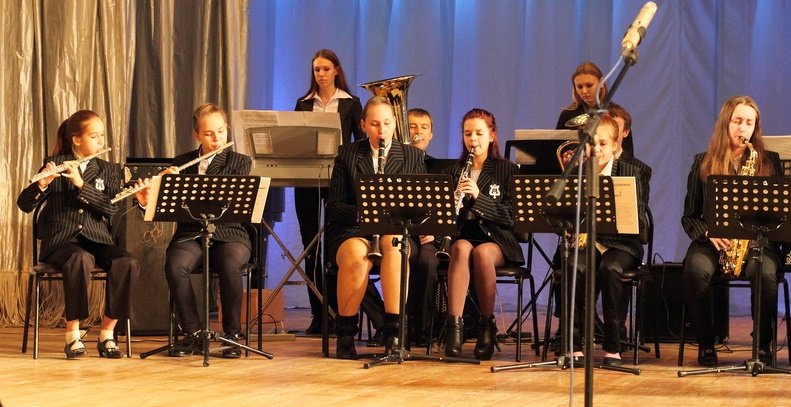School book suppliers – trends
With constant changes in modern society, some traditional practices, such as book reading, have modified significantly in order to meet the readers’ needs. Australian book suppliers, have accepted the trends supplying newer book formats and flexibility. These trends will affect the future, changing the design of a book itself, so students and their teachers gain easier access to information
Popular Australian school book suppliers are following the current trends, when it comes to an effective and accessible book supply, providing both new and used books to Australian schools, regardless of the student’s age. Almost all school books can be found online. In digital format these books are not so expensive and students can download them or read online. Many websites in Australia are providing all types of school books which everybody can easily accessible through internet. The weak point is often the quality of internet access.
With the era of internet school book suppliers, offer e-book editions, which are likely to be more significant in the future when it comes to educational purposes. E-books take less space, are lighter an more flexible. Reading devices, such are tablets, can contain hundreds of school books and every child in the future could take a tablet from the library and search the desired book.
The supply and price also differ. Whereas traditional books need time and labor to be supplied, e-book formats are simply sent online to the school libraries and shared with everyone. This could replace the books that we know now, presenting us with newer, space-saving e-books. Readers can either download e-books or read them online. Downloadable books are practical because they can be stored in the computer and a person can read them whenever he or she likes. When downloaded, books can be shared easily. Most downloadable books are not free – readers must pay to be able to download them. However a number of books that can be read online are free. It is cheaper to read this way. E-books are becoming more popular – it is questionable what will happened to printed books in the future.
Nevertheless there are issues with e-books. There will be always a possibility that e-books could be shut down if a major damage occurs, and this would affect the book supply to schools. On the other hand, the future of book suppliers could be questionable, because future e-book may be copied, which could put out the book suppliers for good.
One of the main advantages of printed book is its nostalgic value. Readers like traditional way of reading and want to feel the paper when doing so. They also like to walk through the bookstore, check all the books that are displayed, and finally buy the book they want. There is the a tangibility in traditional books which cannot be replaced. Printed books do not starin the eyes as in the way electronic screens can. And these devices can stop working – having a hard copy is more reliable.
It is interesting that in this modern age, printed books are still most popular for readers. For example, in Australia more than 50 percent of youngsters and students prefer this type of book. They say that they have emotional connection to physical book. Most of them like to hold the book when they read it, they do not want laptop or book reader in their hands. They like these books because they are easy to share when studying, and can be passed on. Also, many of them like to collect books and want to see their bookshelves full of different types of reading material. The visibility of books is a stimulus to read and research.
Australian students’ knowledge will depend on their book suppliers in the future, as it depends on them now. School book suppliers will adapt book formats in order to meet student needs. Some future issues will be overcome with technological advances. There is no doubt that the newer generations of Australians will enjoy a more flexible and hopefully cheaper school book supply, in order to pursue knowledge and support their personal growth, no matter how remote or disadvanteged their school may be.



